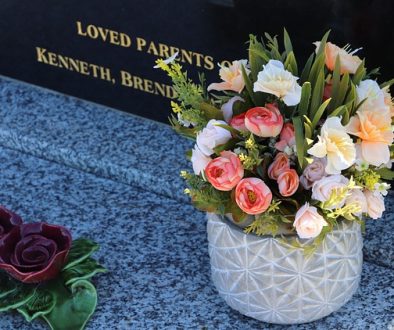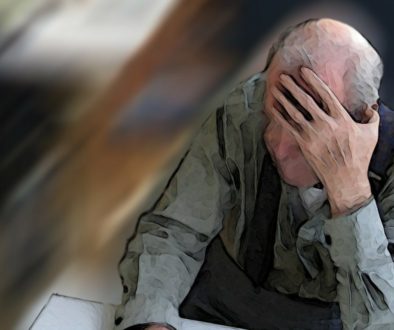Life-Care Planning Isn’t Just for a Crisis: Why Early Planning Changes Everything
It usually starts with a phone call. Without a solid life-care plan, you’re often blindsided by it and left scrambling, bumbling and stumbling through the next steps.
“Mom fell.”
“Dad didn’t recognize me today.”
“The doctor says there’s been a sudden decline.”
And just like that, everything changes. You’re now a care partner thrust into a world of medical decisions, legal and financial confusion, emotional overwhelm — and no idea where to start.
Unfortunately, this is the exact moment when most families begin elder care planning. In fact, 2 in 3 elders and their families have NO life-care plan to speak of. They figured they had time. They figured answers would be more apparent when elder care became more complex. But what if I told you that you didn’t have to wait for the bottom to fall out?
What if we planned before the crisis?
Crisis Planning vs. Life-Care Planning
In my 30 years of walking with families through the long-term care journey, I’ve seen it time and again: when you plan early, you lead with love and intention — not fear and panic.
Crisis planning looks like this:
- You’re scrambling to find medical paperwork.
- You’re unsure of your loved one’s wishes.
- You’re making decisions under pressure, in hospital hallways or rehab centers
- You’re fighting with siblings or other family members about “what they would want.”
Life-care planning looks very different:
- You’ve already gathered the paperwork.
- You’ve had the tough (but loving) conversations.
- You’ve built a care partner team and mapped out options — together.
That’s not just practical. That’s powerful.
The Gift of Clarity in a Well-Rounded Elder Care Plan
I once worked with a client – we’ll call her “Ellen” – whose mother was living with early-stage Alzheimer’s. Instead of waiting for things to get worse, “Ellen” reached out for help right away. Together, we created a care plan: medical directives, legal paperwork, financial strategy and a daily routine that kept her mom joyful and engaged.
Fast forward three years. Her mother’s condition progressed, as we knew it would. But “Ellen” wasn’t overwhelmed. She had the answers. She knew what her mom wanted, what came next, and who was helping.
There were still hard days, but there was also peace.
Peace of mind. Peace in the family. Peace in her heart.
That’s the power of early planning.
The Benefits of Planning Before You ‘Need’ It
- Your Loved One Has a Voice: Early planning allows the elder to participate in decisions about their future. That’s dignity in action.
- Family Tension Decreases: Siblings, spouses and extended family know the plan. There’s less room for confusion or conflict.
- Options Stay Open: You have time to explore elder care options, financial strategies and support resources — instead of rushing into the first available bed or service.
- You Reduce the Risk of Burnout: When you know what to expect and have a plan in place, you can pace yourself as a care partner.
‘We Plan Because We Care’
That’s not just a motto. It’s a truth that guides everything we do — and everything I teach in the Life-Care Planning Masterclass.
Too many families wait until it’s too late. I get it — these conversations aren’t easy. They stir up fears and emotions we’d rather not face. But there’s something profoundly loving about saying, “I want to be ready. I want to honor you, not guess for you.”
Whether you’re caring for an aging parent, a spouse living with dementia, or even planning your own future, the best time to plan is now — before a crisis.
You can join me and over a dozen incredible elder care experts in our Life-Care Planning Masterclass. It’s not just about elder care — it’s about preserving love, dignity, and direction for the road ahead.
Let’s do it together. Let’s build your roadmap. Let’s turn fear into confidence, chaos into clarity, and stress into peace of mind.
Feel free to reach out to me directly at MaureenRulisonpatientadvocate@gmail.com.




